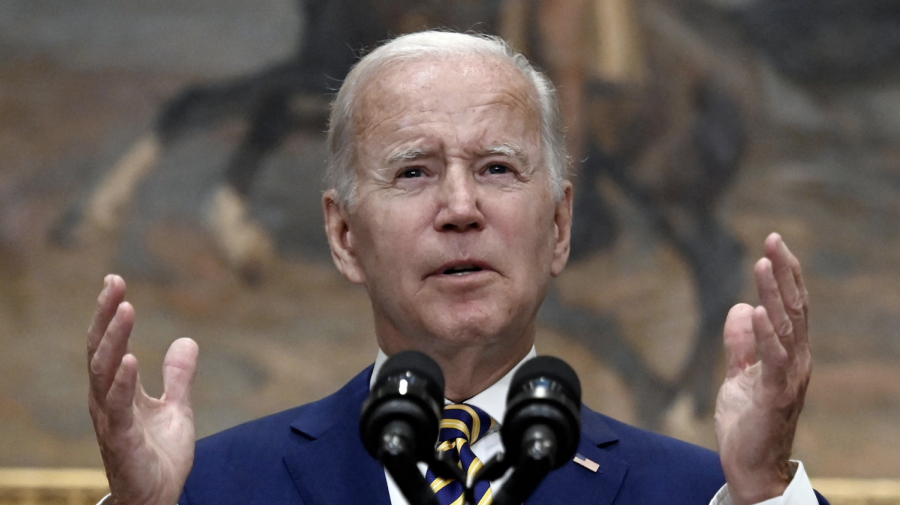We’ve Officially Reached the End of COVID
President Joe Biden declared the pandemic is over in a recent interview.
September 28, 2022
In a recent interview with “60 Minutes,” President Joe Biden declared that the pandemic is over. This statement doesn’t come as a surprise, given the recent changes in people’s general attitudes and behavior toward the virus over the past year or so. Today, masks are no longer as common a sight as they were in 2020. Universities, schools, workplaces and businesses have relaxed mandates and restrictions on mask-wearing and social distancing. Policy changes too have also reflected a shift in norms. The CDC reduced the recommended time for isolating to five days in 2021.
In light of these official developments, we can perhaps now say with a sense of assurance that the pandemic we have all suffered through for the past two years can finally be put behind us. While COVID-19 is still around, advancements in science have enabled us to control the virus through vaccination and treatment. Hospitalization and mortality rates have decreased as scientists learned more about COVID-19 and developed treatments to combat it.
We should take the President’s declaration as a celebration. The pandemic robbed us of our graduation ceremonies, birthdays, travel plans and time spent near friends and family. The effects of lockdowns which were quickly accepted as necessary proved to be more harmful than helpful. 2020 saw a huge spike in the murder rate. Millions were left unemployed as businesses shut down. The opioid crisis dramatically worsened as overdose figures climbed to record highs. Kids who stayed home faced hurdles returning to the classroom after millions fell behind in their learning after being out of school for so long. Despite these costs, there was little to show for it. In January of 2022, a Johns Hopkins meta-analysis was released, finding that lockdowns had little to no effect on COVID-19 mortality. The authors concluded lockdowns should be rejected as a policy instrument due to their enormous social and economic costs. People need connection to others, their community and their families. When we forcibly tear them apart from their natural sense of human connection, we shouldn’t be surprised that the phenomena of deaths from despair and crime come about to fill that void.
In the fall of 2020, Biden was elected as the economy faltered and a new wave of COVID-19 swept over the nation. For Biden, the pandemic was a major reason he was able to get into office. Voters took a gamble on his ability to deal with the virus. Things worked well for the president for his first few months in office. Approval ratings stayed favorably high before the Delta and Omicron waves damaged his reputation for handling the pandemic well. With midterm elections coming up in a few months, a crime wave that has yet to cease and soaring inflation is hurting chances for Democrats to retain control of Congress, making things harder for Biden to advance his legislative agenda.
At the very minimum, Democrats need to abandon being associated with unpopular COVID-19 restrictions if they wish to stay in power. While it is clear that a political incentive exists for Biden to declare the pandemic over and done with, it should not stop us from commending him for finally abandoning bad policy. Americans are tired of restrictions that severely curtail their ability to live. In fact, it would have been optimal if the government transitioned out of the pandemic phase of dealing with this virus when vaccination uptake became widespread.
The end of dealing with COVID-19 as a pandemic is ultimately a good thing. It allows us to live with the virus, instead of pretending we can fully eradicate it. China’s zero-COVID lockdowns have frustrated its population and show no end in sight. Every other country that has accepted COVID-19 and is equipped to deal with it better by realizing the virus has entered its endemic stage. COVID-19 antibodies are almost universally prevalent in the population through vaccines or previous infection, meaning the virus is no longer as much of a lethal threat as it was when it first emerged.
Taking this into consideration, we should confidently resume our lives without living in unnecessary fear.


